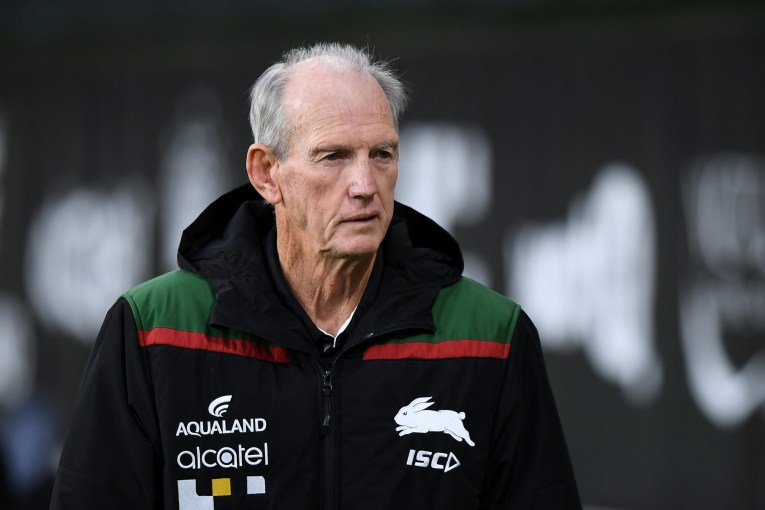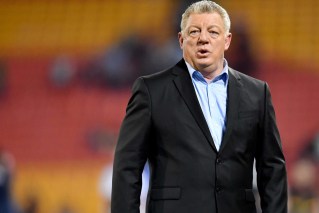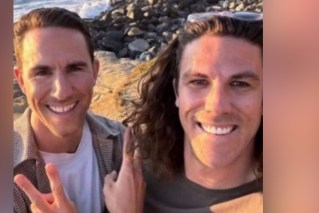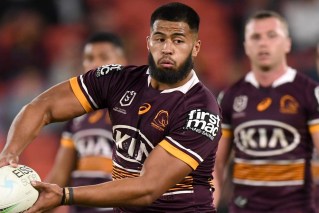Covid ‘rogue wave’ linked to Origin decider – expert says Ekka must opt for masks
New Covid cases in Queensland in the last 24 hours have plunged by nearly 3000 cases on the numbers posted Thursday, but that’s cold comfort to a leading epidemiologist who says the tide is on the rise.

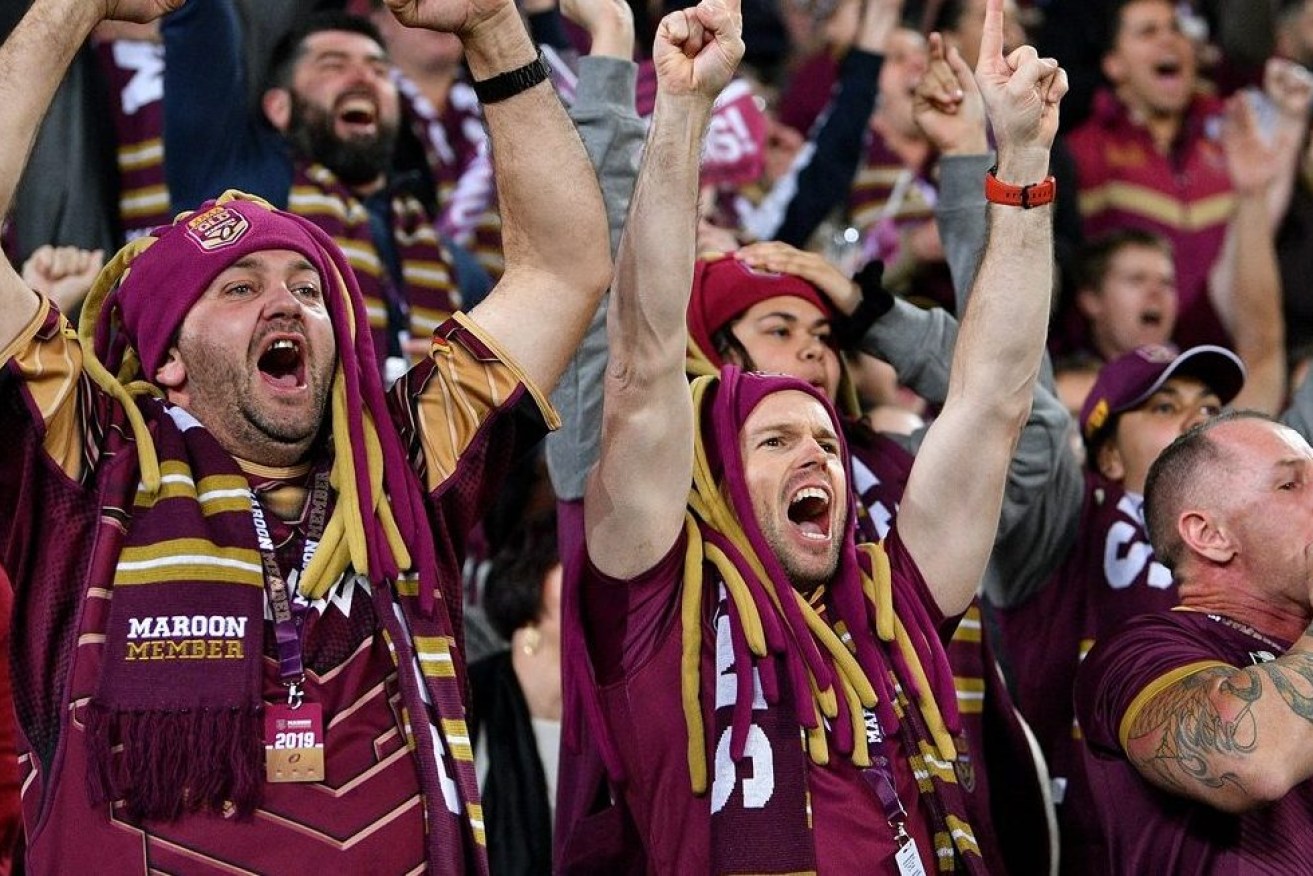
The capacity crowd at Suncorp Stadium for the State of Origin Game 2 is a demonstration of the Brisbane's epic support of major sporting events. (Image: QRL).
Griffith University’s Professor Nigel McMillian has been watching Covid numbers pitch up and down since February and mapping the patterns with other events happening in the community.
He describes yesterday’s new case numbers of 11,687 as a “rogue wave”, which may have been driven by the State of Origin decider when more than 50,000 people crammed into Suncorp Stadium on July 13.
Numbers from the Wallabies-England rugby union international at Suncorp on July 9 as well as soccer’s Queensland Champions Cup involving English Premier League clubs Aston Villa and Leeds at the same venue on July 17 could also be feeding into the Covid spikes.
With an average of five to seven days from infection to confirmation, either through a PCR test or RAT, that puts Thursday’s figure almost on perfect schedule with the five to seven-day timeline.
“It’s literally like watching a wave come in from the horizon and seeing it break on the shore,” McMillian said.
“The one yesterday was definitely rogue, probably 1500 higher than we would have expected, but you can generally trace these large spikes to big, crowded events that happened in the week prior, and then all the numbers will hit in one big lump.”
The director of infectious diseases and immunology at the Menzies Health Institute within Griffith University, said numbers also tended to be higher mid-week, with people more likely to test on Monday and Tuesday, possibly after having a social weekend.
And with people doing their own at-home RATs and not reporting the results, or not testing at all when sick, McMillian and his colleagues estimate numbers could be three times higher than what is officially posted on the Queensland Health website and Facebook page.
“That means if numbers are say 10,000, then we’re possibly looking at 30,000 new cases a day,” he said.
“We really don’t know for sure, how long is a piece of string, but at least we’re getting some consistent reporting that’s giving us a pretty good guide as to what’s going on.
“Just on the official numbers, we can say confidently that as of today, 1 in 68 Australians has Covid.”
Friday’s numbers reported by Queensland Health show new cases back to 9023, with a slight increase in hospitalisations to 1050, with 26 people in ICU and 10 deaths.
As McMillian continues to scan the horizon for more rogue waves, he’s bracing for what might be headed the health system’s direction next after music festival Splendour in the Grass this weekend, and the Ekka starting in Brisbane on August 6.
Like most health experts across the country, McMillian is urging governments to re-think their so far stubborn refusal to introduce mask mandates, especially for large crowded indoor events
“It’s really a no-brainer,” he said.
The Rural Doctors Association of Queensland (RDAQ) has today urged the State Government to reinstate a “clinically informed mask mandate” which should be time-limited and targeted around high-risk transmission environments such as public transport and crowded indoor venues.
RDAQ president Dr Matt Masel said pressure was building on already stretched rural and remote hospitals and healthcare providers.
He warned that a potential further doubling of cases would have “unimaginable impacts”.
“Reducing the spread of Covid will decrease the number of infected people needing healthcare at a time when all of our healthcare services are already overwhelmed,” he said.
“Rural GPs and hospitals are currently only managing the load by deferring other essential services, which is not an acceptable level of care for our communities.”
Masel, who runs a clinic in the border community of Goondiwindi, said Queensland needed a united front against the threat.
“It’s understandable that Queenslanders are mentally drained and frankly fed up with Covid measures, but the reality is our collective physical health is under extreme risk,” he said.
The call from rural doctors follows comments from Australian Medical Association president Dr Omar Khorshid that hospital numbers lag the new case numbers by four to five days, increasing the sense of urgency that the sector is at its limit.
“We are certainly expecting things to get worse before they get better,” he told reporters in Brisbane.
“And it’s just a matter of how much worse is acceptable. How many deaths, how many permanent disabilities are acceptable to the Queensland Government before they actually do what needs to be done to protect our hospital sector?”
